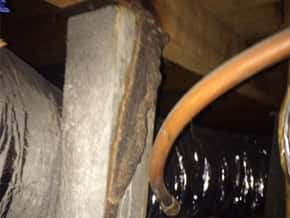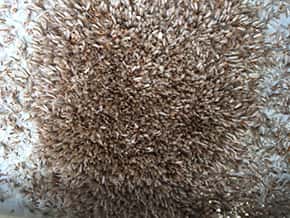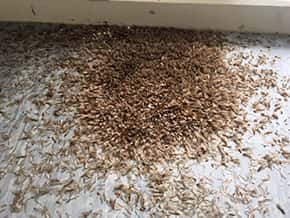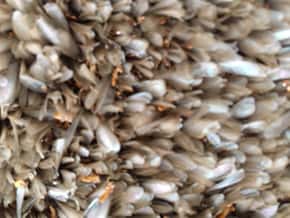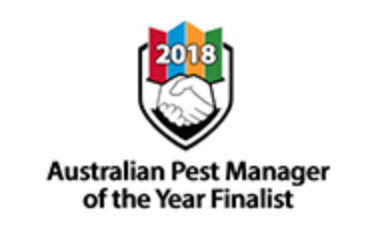Flying Termites
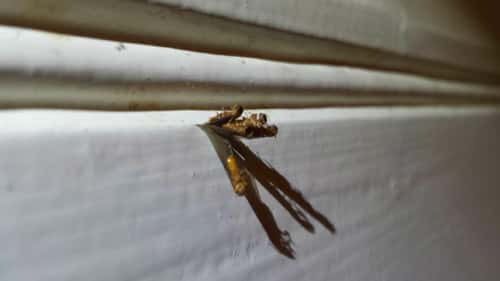
Summer through to March is termite-swarming season. Many people who have not witnessed a termite ‘winged’ swarm will find it quite confronting. Essentially, a termite swarm is caused when a mature termite colony develops reproductive, a little bit like baby termites, that are released with a temporary set of wings, hence many people notice after a swarm there are hundreds of little wings lying everywhere. This is because they are not great fliers & designed to be released from a high spot & catch the breeze. The ones that are lucky enough to survive will dig into the soil & create a new termite colony.
A termite swarm can be like something out of a ‘horror‘ movie, when all of a sudden thousands upon thousands of ‘winged‘ termites swarm out of, typically a couple of small openings. We have received panicked phone calls for termite treatment late on a hot, summer night where people have come home to millions of these winged insects swarming in their house.
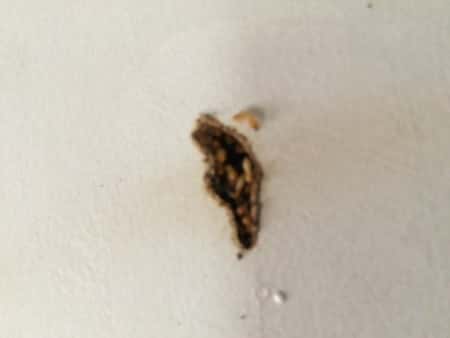
These swarms generally happen on a hot, humid evening. Sometimes you will notice small openings appearing on a wall or near the ceiling in the days prior, this can be termites creating ‘flight ‘holes. Once they have prepared these flight holes, they will wait for optimum temperature & then release thousands of winged termites.
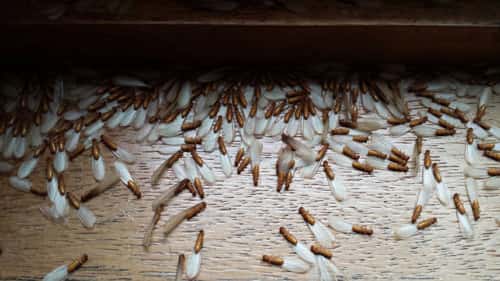
If this happens to you, save a couple for correct identification, so we can confirm these are in fact’ alates’ winged termites. Normally, we advise people not to disturb any areas affected by termites, but in this case, winged termites are designed to establish a new colony not eat & damage timber. The alates tell us that there is a mature termite colony, within 50 feet of this alate swarm. A termite colony is normally around 5 years old before they release winged termites. The best thing to do is to have a full Inspection conducted by a termite expert. An alate swarm can mean you have a termite colony on your property or it could mean there is a neighbor with a termite colony & some of their winged termites have been attracted to lights or blown into your property. Either way, diligence is the key. A mature termite colony in the vicinity definitely poses a risk & you want to be sure as a homeowner of where that risk is & exactly how to manage it.
